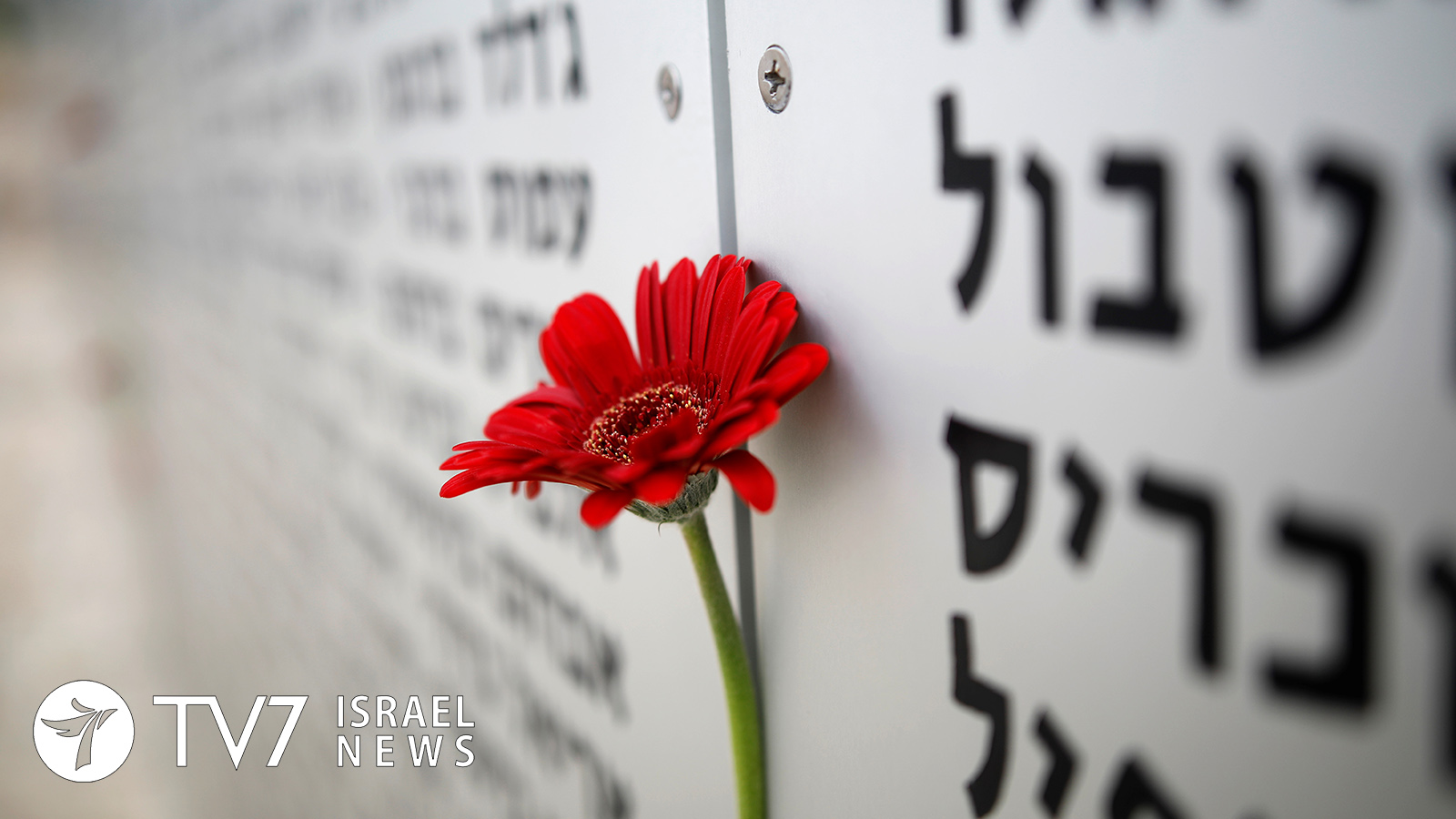Israel marked its Memorial Day, today, commemorating the memory of the country’s 23,741 fallen soldiers and 3,150 civilian victims of terror, since the inception of the Jewish state, 71 years ago. Memorial ceremonies were held yesterday evening, and throughout the day, while some one million people have reportedly visited the country’s 52 military cemeteries.
During a memorial ceremony in Jerusalem this morning, Prime Minister Benjamin Netanyahu stressed that on this day of remembrance and pain, the entire nation unites as one family, regardless of one’s background or ethnicity, in honor of the great sacrifice of Israel’s fallen, that has assured the future of the Jewish state. Netanyahu said: “Today we bow our heads and pay our respects to Israel’s 23,741 fallen soldiers: Jews, Druze, Muslims, Christians, Bedouins and Circassians.”
Netanyahu also pointed to recent developments that once again clearly indicates the necessity to stand up in the face of those that seek to annihilate the state of Israel, including the Islamic Republic of Iran that has announced this morning its intension to scale back on parts of its commitments to the 2015 multilateral nuclear agreement. In his words, “Dear Families, Citizens of Israel, the events of the past few days clearly illustrate what our struggle is about – the attempt of those who seek to destroy our country and uproot us from our land. In the past hundred years, our enemies have tried to do precisely that over and over again – but they have failed. This morning, on my way here, I heard that Iran intends to continue its nuclear program, we will not allow Iran to obtain nuclear weapons. We will continue to fight those who seek our souls, and we will sink our roots even deeper into the soil of the homeland. This is what our heroes did at the dawn of the nation’s revival, and we will follow in their path.”
Prime Minister Netanyahu’s vow to confront Tehran’s nuclear aspirations came in response to a televised statement this morning made by Iranian President Hassan Rouhani, in which he announced that the Islamic Republic will immediately cease its adherence to the Joint Comprehensive Plan of Action, which is the technical term of the 2015 nuclear agreement that was reached between Tehran and the P5+1, which included the United States under the Obama Administration, Russia, China, France, Britain plus Germany. According to the Iranian President, “Under the terms of JCPOA (Joint Comprehensive Plan of Action) we agreed that we would keep enrichment to the level of 3.67. We will stop adhering to this and there will no longer be a set level for enrichment (of uranium). Secondly, in the agreement the Arak Heavy Water reactor was due to be rebuilt with the support of the JCPOA participants and this process is still far from reaching its final stages. After 60 days, we will make a decision on whether we press ahead with our own plans for Arak that we had already put in place before the JCPOA agreement was reached to complete the reconstruction of Arak.”
The Iranian President also took the opportunity to warn the leaders of the five remaining members of the nuclear deal, that if they use the Iranian decision as a pretext to formulate new U.N. Security Council resolutions against the Ayatollah regime, “they will be met with a very firm response.”
That said, Rouhani underscored that Tehran does not intend to leave the nuclear deal in its entirety – claiming that the scale-back is in line with the terms of the multilateral agreement. “This is the same JCPOA that states if the other parties are failing to meet their obligations, then we can also reduce our obligations in the deal. Today, we are announcing a reduction of our obligations under the JCPOA. We are not leaving the JCPOA,” Hassan Rouhani said.
